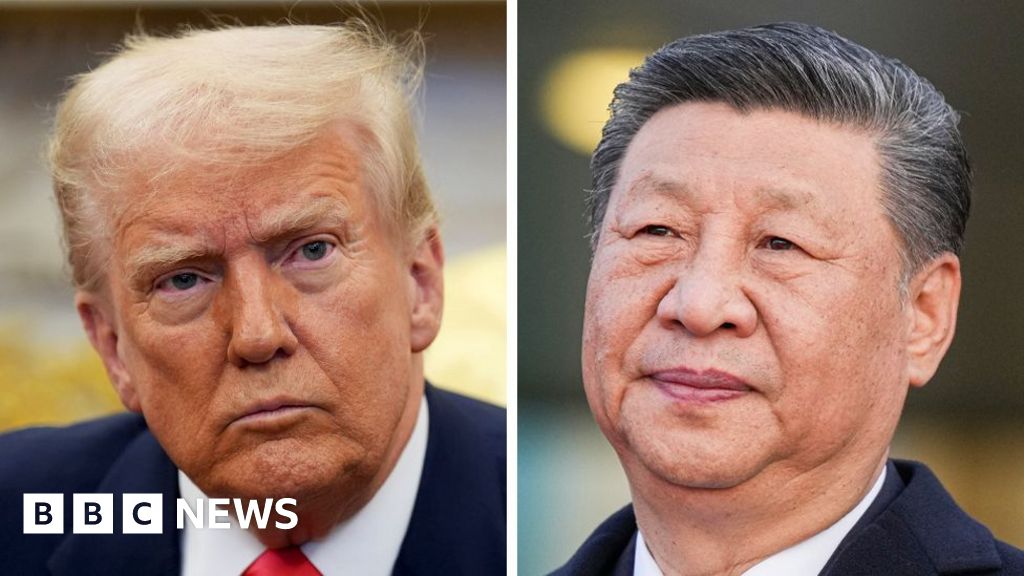Unlock the Editor’s Digest for free
Roula Khalaf, Editor of the FT, selects her favourite stories in this weekly newsletter.
Poland’s government has put the country’s state media group into insolvency, the latest move in a drive by Prime Minister Donald Tusk to overhaul its operations in the face of opposition from the rightwing former government.
Deputy culture minister Joanna Scheuring-Wielgus told news channel Polsat on Thursday that placing the TVP state television, state radio and news agency into the insolvency process, referred to in Poland as liquidation, would enable a reorganisation and full audit.
Tusk has been seeking to bypass media laws and a regulator created by the former government to make changes he says will reduce rightwing bias in state media.
The companies, which employ about 4,000 people, will continue operating in insolvency, while culture minister Bartłomiej Sienkiewicz said on social media platform X on Wednesday that “the state of liquidation may be withdrawn at any time”.
The feud over the public broadcaster has become the biggest test so far for Tusk since he took office earlier this month, having led a pro-EU coalition to a parliamentary majority in a landmark election victory in October.
Ahead of the vote, Tusk had pledged to dismantle the public broadcaster, which he accused of acting as a mouthpiece for the PiS party. His media overhaul has prompted a PiS backlash, boosted by President Andrzej Duda, who is backed by the party.
Last weekend, Duda vetoed Tusk’s budget bill because it contained media funds earmarked for the prime minister’s new version of state broadcaster TVP.
The broadcaster’s news channel was pulled off air last week by the new leaders of the public media company immediately after they were appointed by Tusk’s government. PiS politicians staged a sit-in at the offices of the media company and denounced Tusk for what they called an attack on media plurality.
Duda has accused Tusk of creating “anarchy” by ignoring Polish media legislation passed under the PiS government that had helped reinforce the rightwing party’s control over public broadcasting.
Tusk said on Wednesday that he recognised his media overhaul “could have been slower”.
But he said the TVP battle represented PiS trying to cling on to power and maintain the institutional apparatus it built up during eight years in office.
“They are questioning the result of the elections: that is the problem,” Tusk told a news conference. “They have not come to terms with the loss of power.”
Tusk and his coalition partners hold 248 of the 460 seats in the Sejm, the lower house of the Polish parliament. But until 2025 Tusk must work alongside Duda, who was the PiS candidate for the presidency and can veto legislation with the backing of the 194 lawmakers of PiS, still the largest party in the Sejm.
By wading into the public finances, Duda also raised the stakes for Tusk, whose government must secure approval for its 2024 budget before the end of January or risk a snap election.
Tusk has offered a revised version of the budget bill that transfers the money previously earmarked for state media to healthcare.
PiS has also sought to challenge Tusk’s changes in court on the grounds that he should have sought permission from a media council it created. Poland’s constitutional court, dominated by PiS-appointed judges, this month issued an interim order to prevent Tusk from making major changes to state media before a full court hearing next month.
Earlier this week, the PiS-dominated media council elected its own new head for TVP, even though Tusk’s government had already named new bosses.
Credit: Source link










